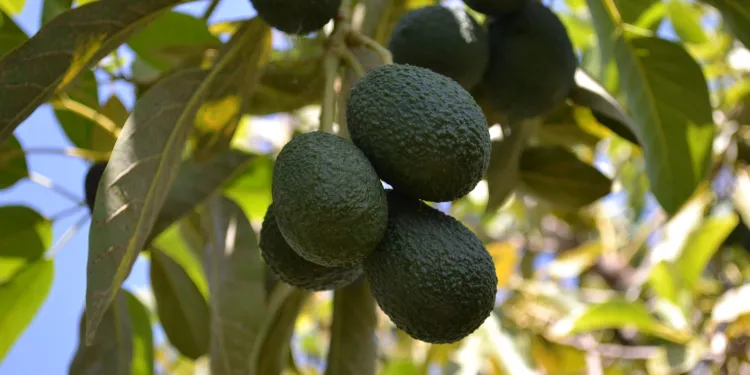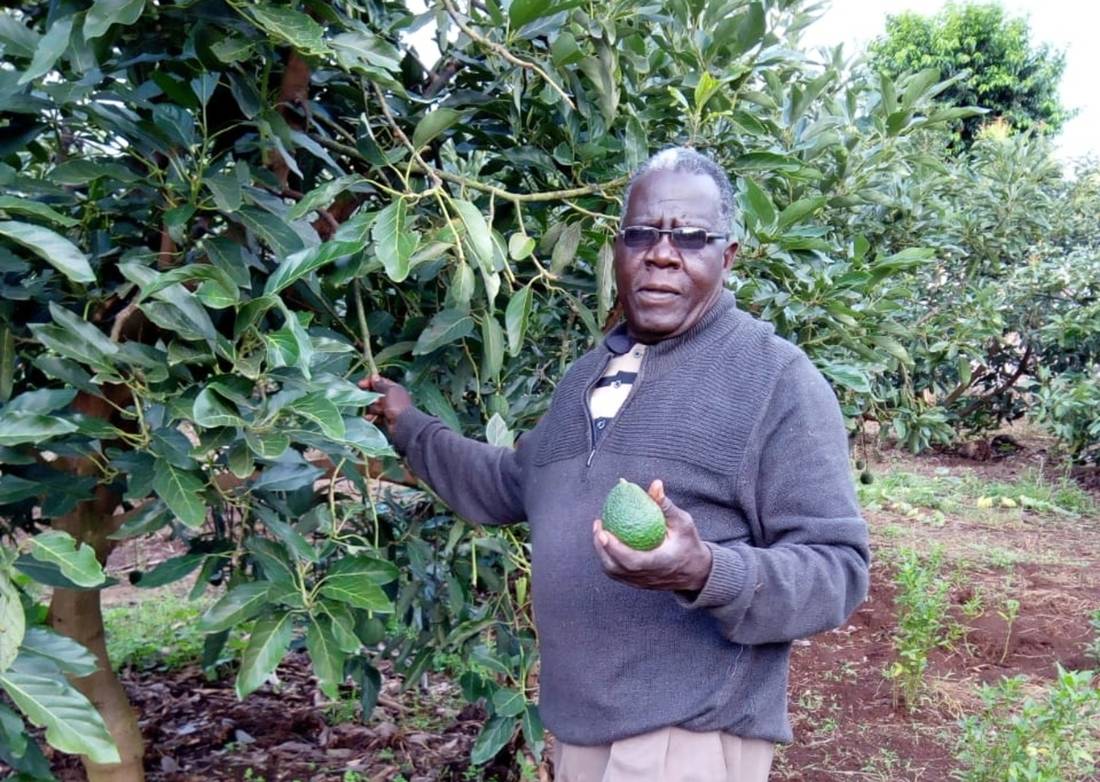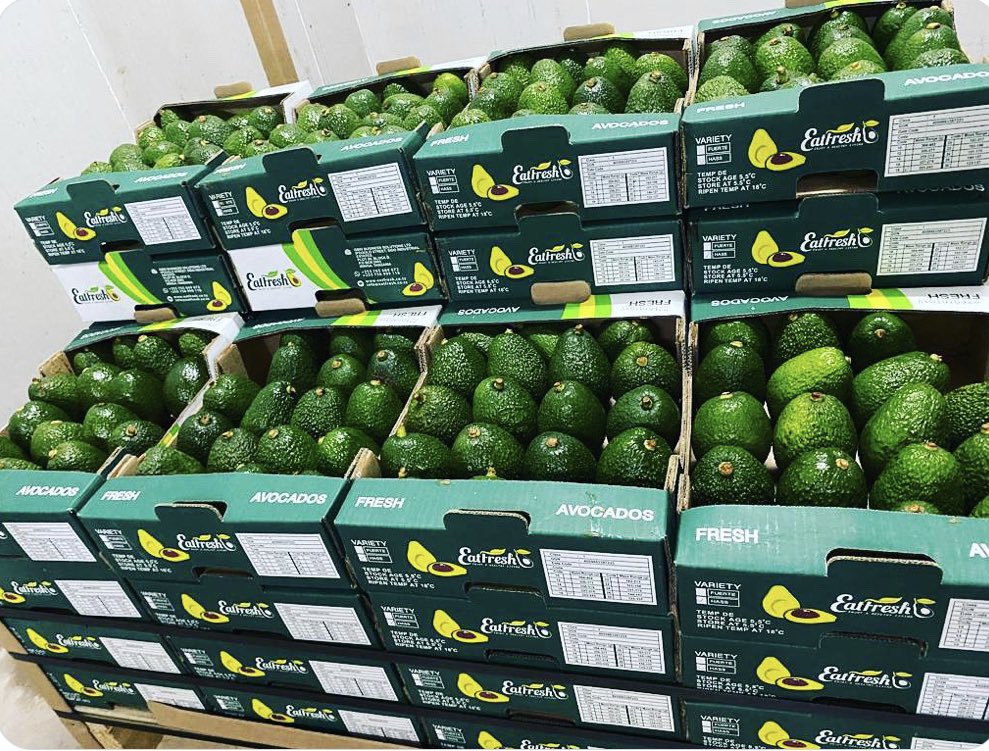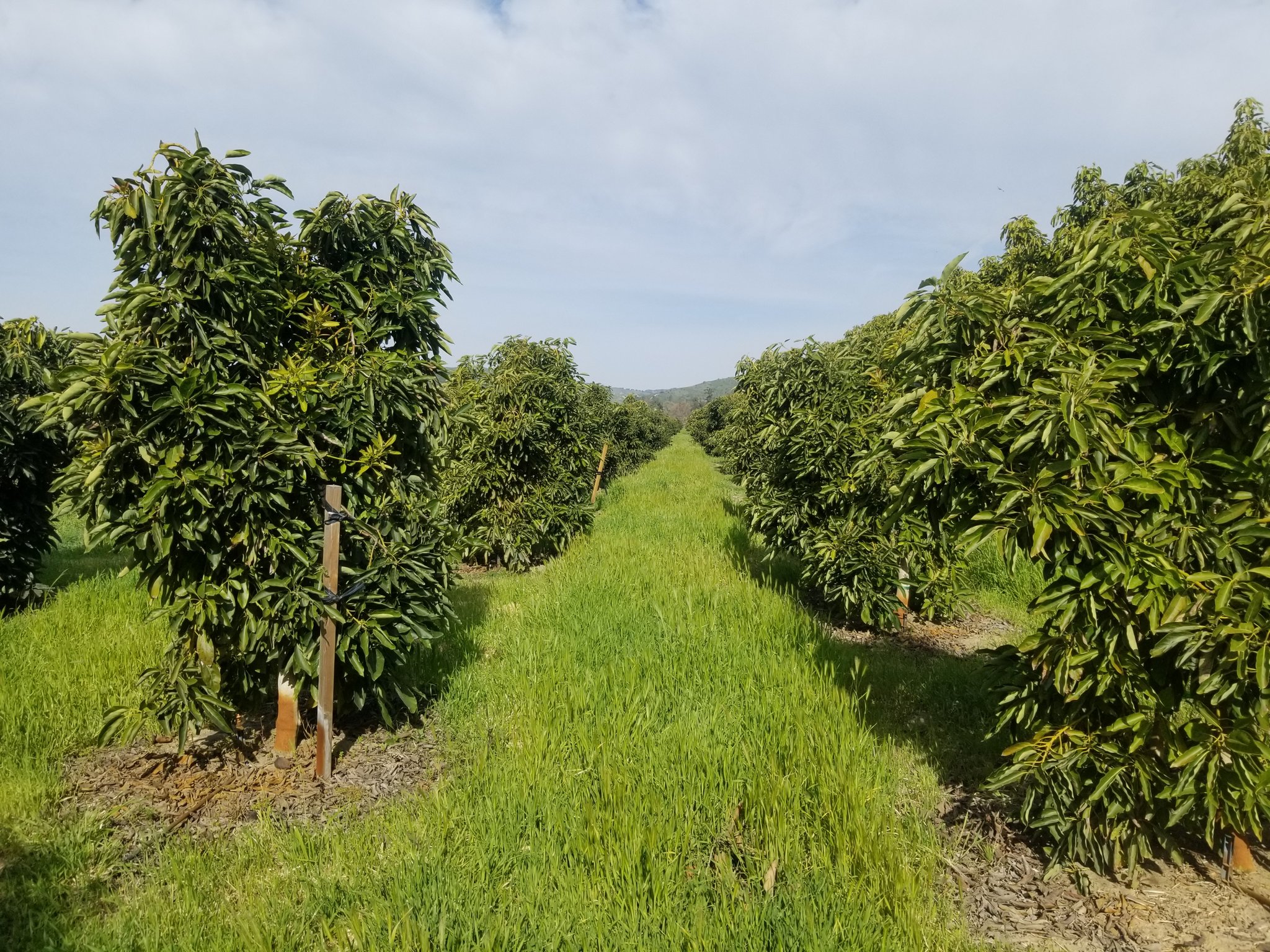Recent statistics from the Centre for the Promotion of Imports (CBI) Ministry of Affairs show that Latin America is currently the region that exports the highest volumes of avocados to Europe. Exports from Africa, however, are growing at an exponential rate; if not faster.
The continent’s avocado leaders include Kenya, South Africa and Morocco. Kenya leads the supply from East Africa.
“Peru currently dominates the avocado supply to Europe. The East African avocado season is similar to the Peruvian season, but it starts earlier and finishes later. Figures show that European buyers are interested in African avocados, especially in the early and later parts of the season. In March, the avocado season has not yet started in Peru. This offered opportunities for suppliers from Kenya, Tanzania and Mozambique, where the season begins in February,” the CBI said.
“In September, Peruvian supply runs out. But Kenya and Tanzania still have avocados available. This provides an opportunity before importers transition to suppliers from Chile and Mexico, then Colombia, Israel and Morocco, and finally Spain.”
Quality and transit issues
The environment is good, the cost of production is low, and the physical distance to the market is manageable in East Africa. But it takes more than just offering cheap prices and a seasonal gap to become Europe’s favoured supplier. The reputation of East African avocados has been harmed by quality issues. The lengthy travel times, problems with the supply chain, and the substantial number of outgrowers are to blame for this.
“Smallholder farming and compliance issues create many challenges in East Africa. Exporters in the region mainly source their avocados from smallholder farms. The technical assistance to these farms has improved significantly,” the CBI added.
“The transit time of East African avocados is relatively long compared to other exporting countries. Often, avocados have to travel a long way from the fields to the packing house and the port. Mombasa is the main port for avocados from Kenya and Tanzania, but the available shipping options are limited. Most freight lines have transhipments, and there is no weekly, direct refrigerated container service. Exporters have to send fruit with acceptable maturity but prevent it from ripening in transit; this is not easy.”
Other concerns
The chance of anthracnose-infected avocados, a disease that puts the quality of avocados at risk, is increased by poor growing techniques during wet seasons. The fruit’s lack of uniformity is another problem. This makes European ripening more challenging. There are also practical concerns, such as the high cost of certification in some African countries, such as Zimbabwe. For requirements like GLOBAL GAP or other food safety and sustainability standards, there are no local certification organisations.
GLOBAL GAP is a collection of farming standards with a global reputation that promotes Good Agricultural Practices (G.A.P). These are the specifications set forth for agricultural and market gardening businesses on a global scale regarding food quality, shelf life, and safety.
Many exporters employ refrigerated containers that are picked up right from the packing facility and have enhanced their cold chain management. The first successful avocado shipments to Europe came from Ethiopia in 2020 thanks to a brand-new, cutting-edge rail and marine freight connection. Such advancements are required to improve the efficiency and compatibility of the East African avocado supply with European demand.
“Despite the increasing export, East Africa is still not the preferred origin for many European buyers. Exporters need to keep working on the reputation of East African avocados,” the CBI added.





